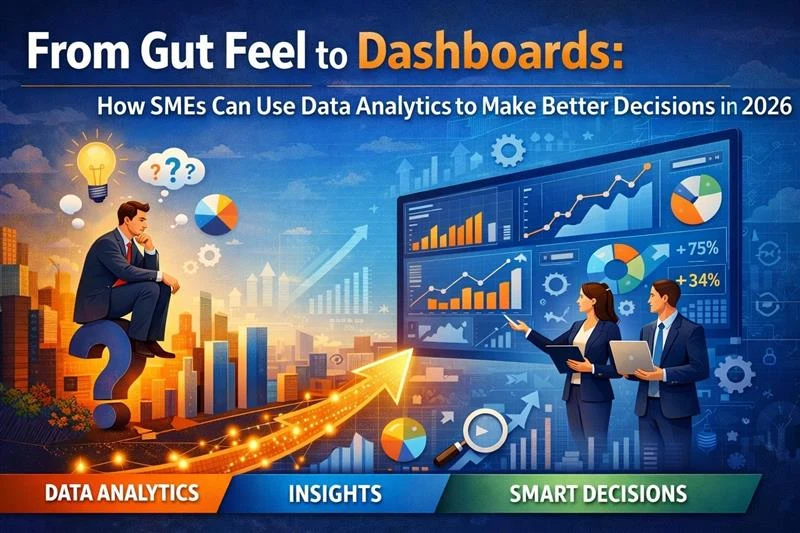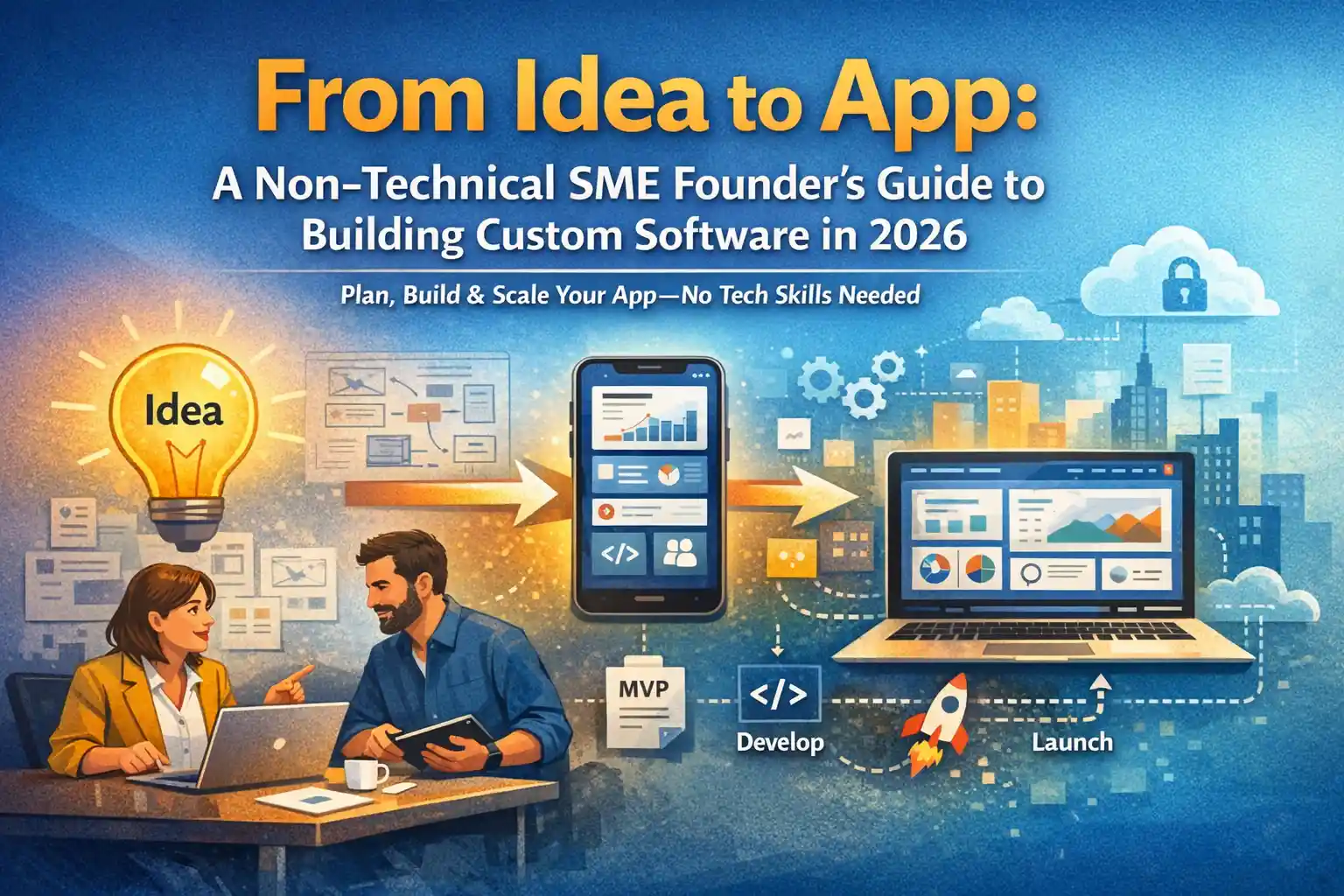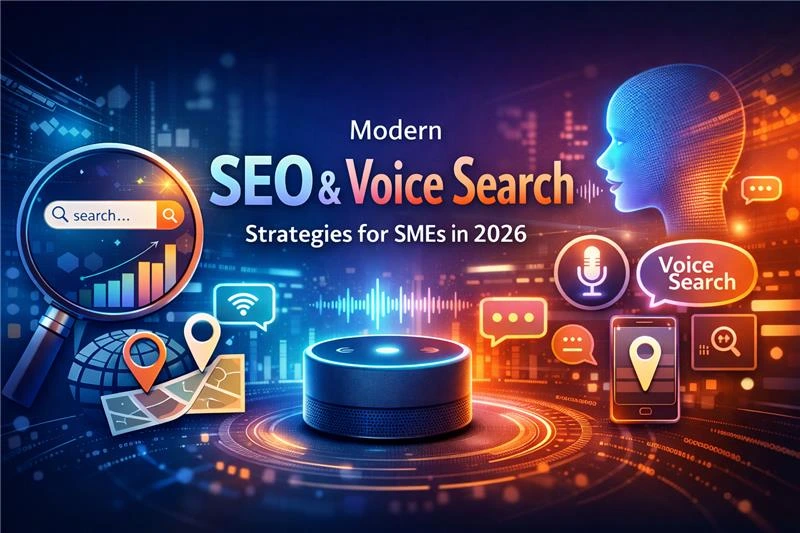Choosing the Right Cloud Solutions for Your Business
16 Sep 2024As the number of companies that shift to the cloud increases, the selection of the right cloud solution may be a questionable process. When it comes to determining what is perfect for your business from the many prospects that are available, it is not a walk in the park, as each comes with its own pros and cons. There are mainly four types of cloud. The first one is public cloud, the second one is private cloud, the third one is hybrid cloud and the fourth and last but not the least is multi cloud. This blog will explain the four types of cloud solutions with their pros and cons and what factors to consider when selecting a cloud platform.
Different Types of Cloud Solutions
Public Cloud
What It Is: Public clouds are in fact like renting apartments on the internet where you share the premises with others. These cloud services are provided by AWS, Microsoft Azure, and GCP, and their infrastructure is managed while users pay as they use.
- Cost-Effective: Not expensive at all; they are billed just as they are used.
- Scalable: You can auto-scale the server according to your requirements instantly.
- Control: You have no say in how things are structured and administered.
- Security Concerns: That's because it is the public domain; thus, there may be exposure to delicate information.
- Best For: Small-scale business or new business venture, a small or medium-scale enterprise, or an organization with uncertain traffic.
Private Cloud
What It Is: Private cloud: You have your own office, either on your business premises or rented from someone else, for your business only.
- Enhanced Security: A company can have more control over how the customer’s data can be protected.
- Customization: You can adapt and modify the setup according to the specifics that are required by your work.
- Performance: Sometimes an improvement in performance because most of the time the resources are all yours.
- Cost: These include higher initial costs and even recurrent expenses of maintaining servers.
- Scalability: It can be more elaborate in the case of expanding than what is experienced with the public clouds.
Best for organizations that operate big enterprises, firms that operate big amounts of data, and firms that require stringent measures of control.
Hybrid Cloud
What It Is: A combination of the public and private cloud is known as the hybrid cloud, which can be used to share information and programs.
- Flexibility: For less sensitive tasks, it is prudent to use public clouds, while the important data containing information should be stored in the private cloud.
- Cost Efficiency: Control cost by adopting volumetric billing in public cloud resource utilization.
- Business Continuity: Improved possibilities of recovering the disasters and less time required for the processes.
- Complexity: These include higher initial costs and even recurrent expenses of maintaining servers.
- Security Risks: There might be possible security differences between the public cloud as well as the private cloud.
Best for organizations that require privacy at the same time and want to consider cost or those that have both high and low-priority workloads.
Multi-Cloud
What It Is: Multi-Cloud is a cloud approach made up of more than one cloud service from more than one cloud vendor, which can be public or private.
- Vendor Flexibility: You’re not tied down to a single provider and can use the best features from each.
- Less Risk: Diversify across multiple providers since it will be safer to do so.
- Management Overhead: Overlapping with other services from different providers complicates managing and implementing the services.
- Interoperability Issues: There are always issues that arise while trying to synchronize between different systems to facilitate a seamless workflow.
Best for entrepreneurs in search of a strategic advantage.
Figuring Out What Your Business Needs
Analyzing workload requirements
Think about what your business does and how much it needs to process. Are your workloads steady, or do they change often? High-performance needs might point you toward a private or hybrid cloud.
Compliance and Security Needs
Consider your industry’s regulations and how sensitive your data is. If you deal with regulated data (like healthcare or finance), a private or hybrid cloud might be a better fit. Public clouds can be secure too, but they require careful management.
Budget Considerations
Look at your budget and how it fits with long-term costs. Public clouds are usually cheaper upfront and good for unpredictable workloads. Private clouds have a higher initial cost but might be more cost-effective in the long run for stable, high-demand workloads.
Scalability and Flexibility
Consider how fast you are going to expand your production. Public clouds provide solutions faster, perfect for firms whose requirements are likely to change. Other types of clouds include private and hybrid clouds, and while they are versatile, they may also cost more and need a lot of preparation.
Key Factors to Consider
Cost Analysis
Budget for initial costs as well as monthly costs, and if there are any additional costs involved, they should also be included in the comparison. Make sure the cloud solutions you’re considering align with your budget and financial plans.
Performance and Scalability
See if each of them fits your performance requirements and can scale up as your business progresses. Public clouds are normally more flexible than private clouds, and the latter offer stable performance for mission-critical applications.
Data Security and Privacy
Ensure that the cloud solution has provided adequate security features and complies with privacy laws. Review the provider’s security certifications, data encryption, and access controls.
Vendor Lock-In
Think about the risk of being locked into a single provider and how easy it would be to move data and applications if needed. Multi-cloud and hybrid strategies can help avoid this risk by using services from different providers.
Disaster recovery and business continuity
Look into what disaster recovery and business continuity options each cloud solution offers. Public clouds usually have built-in features, while private and hybrid clouds may require extra planning.
Conclusion
Choosing the right cloud solution for your business means matching your needs with the right cloud environment. By carefully evaluating your workload requirements, compliance needs, budget, and key factors like cost, performance, and vendor lock-in, you can make a decision that supports your business goals and growth. Whether you go for a public, private, hybrid, or multi-cloud approach, the right solution can offer the flexibility, scalability, and efficiency needed to thrive in today’s digital world and Trawlii can help you choose the right cloud solution for your business
At Trawlii, we specialize in providing consultation and cloud solutions tailored for small enterprises and growing companies. Let’s discuss how choosing the right cloud solution can transform your business.
Also Read:




